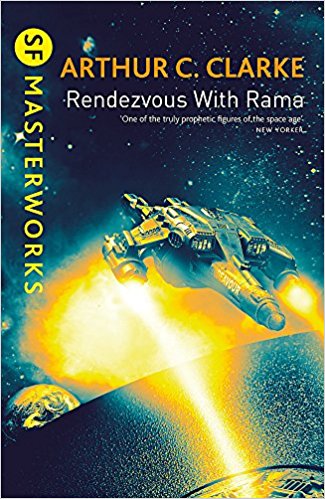Subscribe to Gorilla Grants
We regularly run grants to help researchers and lecturers get their projects off the ground. Sign up to get notified when new grants become available
Spotlight on...
I look at how people make decisions in situations of uncertainty and how our opinions are biased by available information. For example, our ability to detect when others are lying may be disrupted by how we perceive people’s emotions.
“Are people willing to live with a serial killer if the incentives are just right?”
I have been using Gorilla to program experiments looking at peoples’ online behaviour on sharing economy platforms. Using Gorilla, we created a sharing economy platform (e.g. a fake AirBnB-esque website) that offered accommodation to measure how people make decisions about hosts given different trust and reputation information (e.g., reviews or star ratings).
Gorilla allowed us to investigate which information is preferred by users on such platforms and the impact it has on judgement.
In the near future, we will be using Gorilla to see if users can detect the quality of online profiles, how culture affects judgement, and if people are willing to live with a serial killer if the incentives are just right.
The initial sharing economy data has been published in Plos One.
A recent accomplishment of mine is publishing a project looking at how well people can detect deceptive facial expressions of surprise. I was thrilled when it came out, because the research itself was the culmination of the work I did during my PhD, uncovering why using facial expressions of emotion (as seen in media depictions of lie detection) seems to not work.
What I found was two-fold. First, people are poor at detecting that the emotion on someone’s face is not genuine. This means that even if we learn to categorize facial expressions really well it will give us no benefit because we cannot separate emotions someone feels versus those they choose to show us.
Second, we showed that emotion recognition research comparing “posed” and genuine emotion detection has a severe limitation, because they do not account for how emotion production affects perceptions. We showed that not all “posed” emotions are created equal, and that research needs to consider this for us to have an accurate picture of human emotion recognition.
“Relying on emotions, such as facial expressions, can be detrimental to lie detection.”
Something that I get asked frequently is if I am better than other people at catching lies, given that this is my field of expertise. The main aim of my thesis was to explain that humans are in general very bad at catching lies, as they are biased towards assuming people tend to be honest, and because they place too much emphasis on emotions as cues for deception. My work actually shows that relying on emotions, such as facial expressions, can be detrimental to lie detection, which is partly due to our ability to fake emotions really well.
Academia is a very competitive place, with huge pressure being placed on researchers to publish high quality work very quickly.
Moving psychological studies to an online domain can take some of this pressure away, especially for younger researchers whom are constantly running against the clock. Even if you decide to run a Gorilla experiment in the lab locally, having the data be automatically recorded and easily exported to other platforms is a huge time-saving benefit.
Gorilla is a very versatile tool, making its limitations mostly a result of the user’s experience with the tool. Setting up experiments and making modifications to them once they are created is very easy and intuitive.
One feature that I like is that you are not constrained to using only the tools or templates provided by the platform. If your javascript skills are good enough, you can program almost any study you want.
If you truly want to have a successful career in academia, you need to learn how to plan in advance. A great part of being able to stay on course and progress in your career is to ensure you have an excellent work ethic. You need to make sure your routine is scalable to when you start working on multiple projects, and are under time pressure. Also, make sure to engage with other academics and feel free to ask them questions about what they do and what tips they have; others’ experience and wisdom can be invaluable in your personal development. But also, find something that can truly relax you for your downtime.
While this is a science-fiction book (so I may be cheating on the answer), one that I come back to from time to time and would highly recommend is Rendezvous with Rama by Arthur C. Clarke. It is, in my opinion, an excellent description of how the scientific process when investigating something novel should unfold. At times it can be slow paced, uneventful, and leaving us with more questions than when we started, it can also so be surreal, illuminating, and awe-inspiring.

We regularly run grants to help researchers and lecturers get their projects off the ground. Sign up to get notified when new grants become available